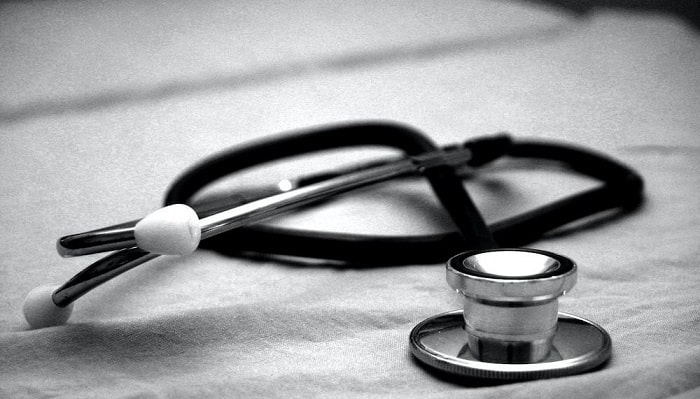When you visit a healthcare center, you expect the medical professionals on duty to diagnose and treat any ailment you may have correctly. However, this is not always the case. Sometimes doctors misdiagnose their patients, leading to further health complications and sometimes death.
If you or your family member is a victim of misdiagnosis and are seeking answers about what happened and what to do, here is all you need to know.
What is Misdiagnosis?
Misdiagnosis occurs when a doctor makes a medical mistake by incorrectly diagnosing a patient’s condition. It can also happen when a doctor fails to identify an underlying medical condition or ignores clear symptoms that indicate an underlying problem.
Cases of misdiagnosis in the U.S. are more common than you might think. In the United States alone, approximately 12 million Americans are misdiagnosed annually, leading to as many as 80,000 deaths.
The Impacts of Misdiagnosis
When a doctor misdiagnosed a patient or fails to identify an underlying problem, it can lead to ineffective treatment or prescription, causing your condition to worsen. For some illnesses, such as cancer, failure to diagnose the condition promptly can severely compromise your health and lead to premature death.
From a financial standpoint, misdiagnosis can result in substantial medical bills and additional medical expenditures. As a result, you will likely experience financial hardship that you could have avoided had your doctor correctly diagnosed your condition.
Misdiagnosis May Be Medical Malpractice
While misdiagnosis is often not a deliberate mistake, it may be a form of medical malpractice resulting from a medical professional’s negligence.
If you have experienced misdiagnosis due to negligence on the side of the doctor or nurse, you may be eligible to file a medical malpractice lawsuit seeking compensation for damages suffered. However, you must understand that filing a medical malpractice lawsuit is a complex process that requires extensive preparation, evidence gathering, and negotiation skills you may not have.
The good news is that you can increase the likelihood of a positive outcome if you let a skilled attorney, such as a medical malpractice lawyer from Zayed Law Offices, handle your case.
Reasons Why Medical Misdiagnosis Happens
Doctor Inexperience or Overconfidence
While doctors spend many years training to become physicians, this might not be enough to make them experts in their field. Some doctors may still lack the knowledge and skills to properly recognize various medical conditions with their symptoms and make accurate diagnoses.
Additionally, other doctors may feel overconfident in their abilities to treat patients. As a result, they may overlook critical symptoms and signs of certain illnesses, missing important clues that could help them make the correct diagnosis.
Faulty Medical Equipment
Technological advances in medicine have made diagnosing and treating many diseases more accurate and efficient. However, some medical equipment used in healthcare facilities may be faulty or improperly calibrated, giving inaccurate results.
Healthcare centers must ensure that all equipment they use in diagnosis and treatment is maintained correctly. They should also promptly replace faulty equipment to prevent testing errors.
Fragmentation of Care
Fragmentation of care occurs when a patient receives fragmented and inadequate medical care from multiple providers who do not communicate with one another. This can increase the risk of misdiagnosis because different doctors may interpret the patient’s symptoms differently.
To avoid misdiagnosis resulting from fragmentation care, it is imperative that you receive your medical care from one healthcare provider. If you must seek treatment from another provider, ensure you inform them about your medical history.



















